Teaching Ideas to Celebrate Poetry Month and Earth Day with the Caldecott Honor Winning Title: Wonder Walkers
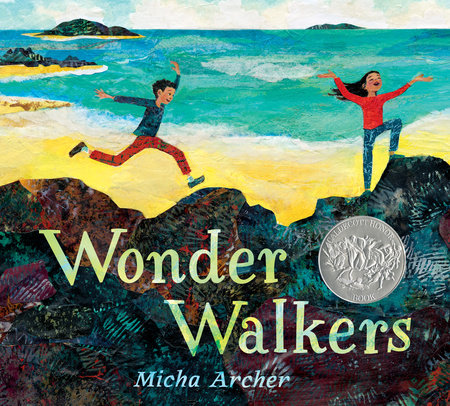
Wonder Walkers
Written and Illustrated by Micha Archer
Published by Nancy Paulsen Books in 2021
ISBN 978-0593109643
Grades PK – 6
Book Review
“Is the sun the world’s light bulb? / Is fog the river’s blanket?” So begins a series of questions posed by a young pair on their wonder walk. What is a wonder walk, you ask? For the two children featured in Micha Archer’s Caldecott Honor winning picturebook it is a journey of inquiry through the wonders of the world around them, a ramble through fields, forests, valley, and shoreline. Readers are invited along, immersed in Archer’ stunning collages which span the page spreads. The images are richly textured, incorporate a variety of perspectives, and viscerally convey the sheer joy these two children find in their natural surroundings. Comprised almost entirely of questions, a single question for each spread, the text is playful, incorporating metaphor and personification. The children often compare the earth’s features to those of the human body, emphasizing the interconnectedness of humans and nature: “Are rivers the earth’s veins? / “Is the wind the world breathing?” The final image in the book depicts the two young children back in their home at the end of the day and a bird’s eye view of the home incorporates all the places they visited on their wonder walk. Perfect for Earth Day celebrations, Wonder Walkers is a wondrous poetic tribute to the relationship between young explorers, their curiosity and questions, and nature.
Teaching Ideas: Invitations for Your Classroom
Crafting A Wonderful Photo Essay. Engage your students in thinking about all that they find wondrous / wonderful in their natural surroundings. Arrange to take a Wonder Walk and equip students with iPads, tablets, or digital cameras so that they can take pictures along the way. Students should also bring writing materials so that they can record the questions that they have as they engage in close observation of their natural surroundings. Students can then use the photographs and their notes to create a photo essay book documenting their wonder walks. These can be shared with classmates and families and with local naturalists and environmental scientists. Students may be inspired by nature-themed books illustrated with photographs, such as April Pulley Sayre’s books featured on the Classroom Bookshelf: Being Frog, Bloom Bloom, and Raindrops Roll.
ADVERTISEMENT
ADVERTISEMENT
Ask a Scientist. As an extension of the teaching invitation above, arrange for students to meet with local naturalists or environmental scientists in person or via Zoom. Students can prepare for the visit by crafting a a list of questions to pose to the scientists. Depending on the age of your students, you may want to do some modeling of the use of questions word and explore the difference between ‘what’ and ‘why’ questions. Ideally, arrange for enough visitors so that students can share their photo essays in small groups, inviting the scientists to share their responses, reflections, and teachings about the questions the students have recorded.
Honoring Questions. Wonder Walkers is a tribute to the spirit of inquiry with which young children enter the world and which teachers hold a special responsibility to sustain through educational opportunities. Create structures in your classroom to honor students’ questions. These might be repositories, such as wonder walls, wonder boxes and anchor charts, or they might be routines, such as a student-led ‘question of the day’ discussion or a time dedicated to writing in ‘wonder journals.’
A Wonder Collage. On her website, Micha Archer includes a video that presents her process of creating collages, depicting the different materials and methods that she uses to create papers that then become the media for her collages. Using these methods and those of other collage artists (for example Steve Jenkins and Robin Page, Bryan Collier, Ed Young, and Ekua Holmes), provide students with an opportunity to create a wonder collage, depicting images that create joy and curiosity in their lives.
Question Poetry. The series of questions that comprise the text of Wonder Walkers can be read as a poem. Invite your students to play with the idea of a listing of questions as a poem. One way into original compositions created by your students would be to co-compose a class poem first as a model. Ask each student to write a currently meaningful question in their lives using large print on a strip of paper (use sentence strips if have them available). Collect and post the questions, reading them out loud together. Next discuss how you might sequence or group the questions to create a poem with some coherence. What do students notice about how the questions differ and how they relate? Following this group practice, ask your students to expand on their original question to create a question poem. For inspiration, see this Poetry Foundation lesson based on Pablo Neruda’s Book of Questions.
ADVERTISEMENT
ADVERTISEMENT
Figurative Language: Metaphor and Personification. Wonder Walkers is an excellent mentor text for teaching metaphor and personification as examples of figurative language. Use the examples in the book as an invitation for students to try out these writing techniques in the writing they are doing across the content areas. Scaffold this activity by brainstorming metaphors and personification examples of things in nature before students try independently. Invite students to illustrate their favorite examples using collage techniques.
A Duet Model Reading with Have You Ever Seen a Flower? Pair a reading of Wonder Walkers with Shawn Harris’s Have You Ever Seen a Flower? in a Duet Model reading – this intriguing title poses a series of questions that invite readers to engage deeply with the beauty and wonder of flowers. Students can compare and contrast the two books, noting similarities and differences in the text, illustrations, and themes. This close comparison can serve as inspiration for students to compose and illustrate their own texts that encourage others to closely observe the wonders of the natural world.
Nature-Inspired Text Set. Gather a collection of books that celebrate nature in myriad ways to spark student adoration of nature through scientific, mathematical, and literary lenses. Some nature-inspired texts we have written about at The Classroom Bookshelf include: Wild Ideas: Let Nature Inspire Your Thinking by Elin Kelsey, Mysterious Patterns: Finding Fractals in Nature by Sarah C. Campbell, Outside Your Window: A First Look at Nature by Nicola Davies, Thank You, Earth by April Pulley Sayre, and The Wisdom of Trees by Lita Judge. Use this immersion as a way to spark noticing and wondering for subsequent student research and writing, including the composition of nature poems. This teaching invitation originally appeared in the Classroom Bookshelf entry for Bloom Bloom.
Perspectives in Caldecott Winning Books. Wonder Walkers was recognized by the American Library Association with a Caldecott Honor medal. Invite your students to explore criteria for this award and to discuss how/why this book was recognized by the committee. Invite students to consider Micha Archer’s use of varying perspectives in this beautiful picturebook. Extend the study of the power of visual perspectives by examining a collection of additional titles that have been awarded the Caldecott medal (for some examples, search The Classroom Bookshelf site using the key word Caldecott).
Further Explorations
Online Resources
Micha Archer: How Does She Do That? Video
Author Interview: Micha Archer: Fort Worth Library
Academy of American Poets: Nature Poetry
Books
Campbell, S. C. (2014). Mysterious patterns: Finding fractals in nature. Honesdale, PA: Boyds Mills Press.
Davies, N. (2012). Outside Your Window: A First Look at Nature. Candlewick Press.
Harris, S. (2021). Have you ever seen a flower? Chronicle.
Judge, L. (2021). The wisdom of trees. Roaring Brook Press.
Kelsey, E. (2015). Wild ideas: Let nature inspire your thinking. Owl Kids Books.
Sayre, A.P. (2020). Being frog. Simon & Schuster.
Sayre, A.P. (2019). Bloom bloom. Beach Lane Books.
Sayre, A.P. (2018). Thank you, Earth: A love letter to our planet.Greenwillow Books.
Sayre, A.P. (2015). Raindrops roll. New York, NY: Beach Lane Books.
Filed under: Poetry Picture Books, Uncategorized
About Erika Thulin Dawes
Erika is a professor of language and literacy at Lesley University. A former classroom teacher, reading specialist, and literacy supervisor, she now teaches courses in children’s literature, early literacy, and literacy methods. Erika is the co-author of Learning to Write with Purpose, Teaching with Text Sets, and Teaching to Complexity.
ADVERTISEMENT
ADVERTISEMENT
SLJ Blog Network
Name That LEGO Book Cover! (#53)
Cover Reveal and Q&A: The One and Only Googoosh with Azadeh Westergaard
Exclusive: Vol. 2 of The Weirn Books Is Coming in October | News
Fighting Public School Book Bans with the Civil Rights Act
Take Five: Middle Grade Anthologies and Short Story Collections
ADVERTISEMENT

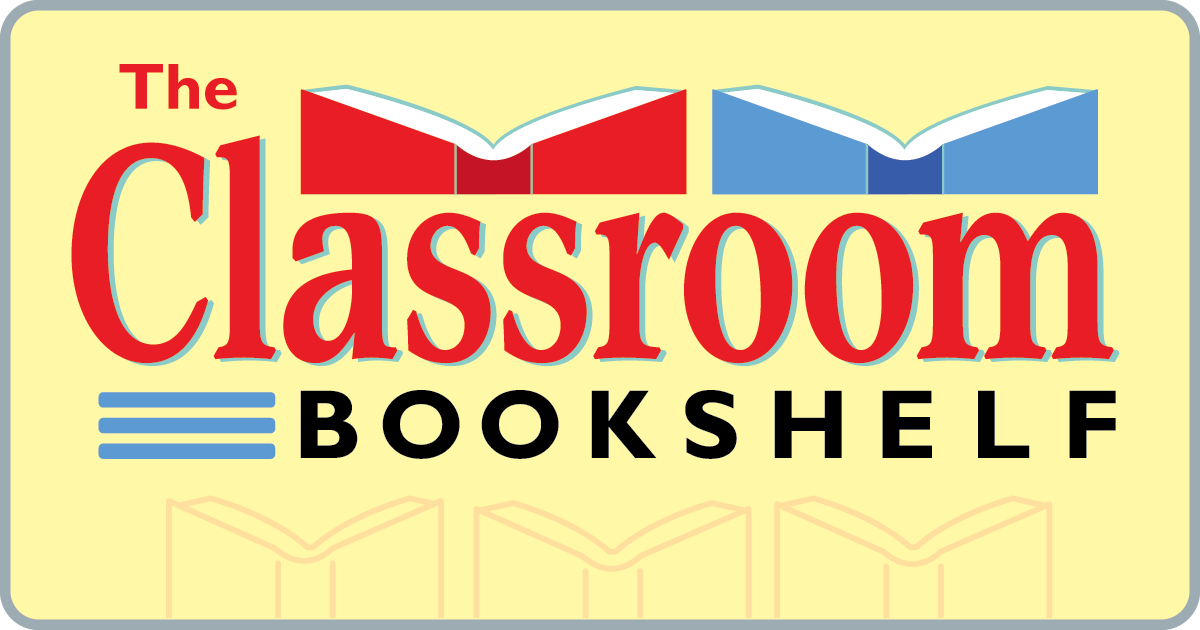


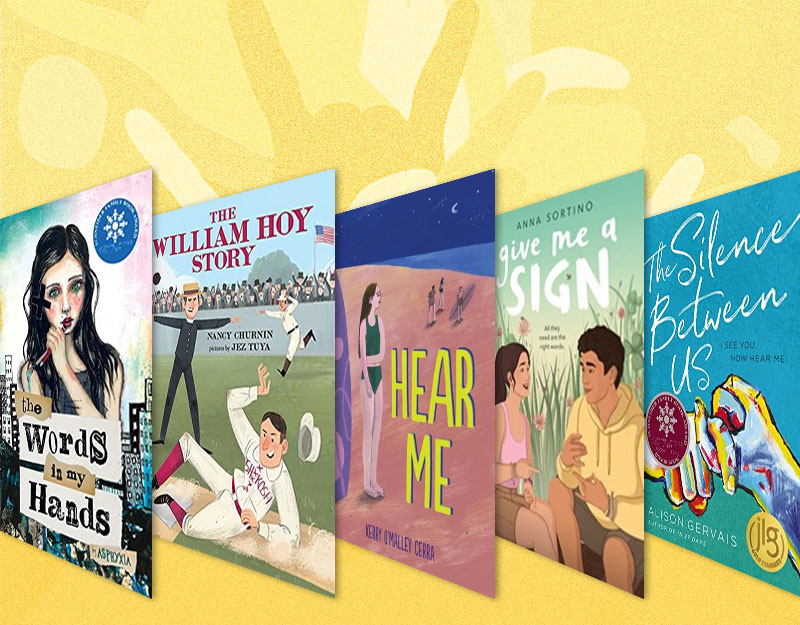
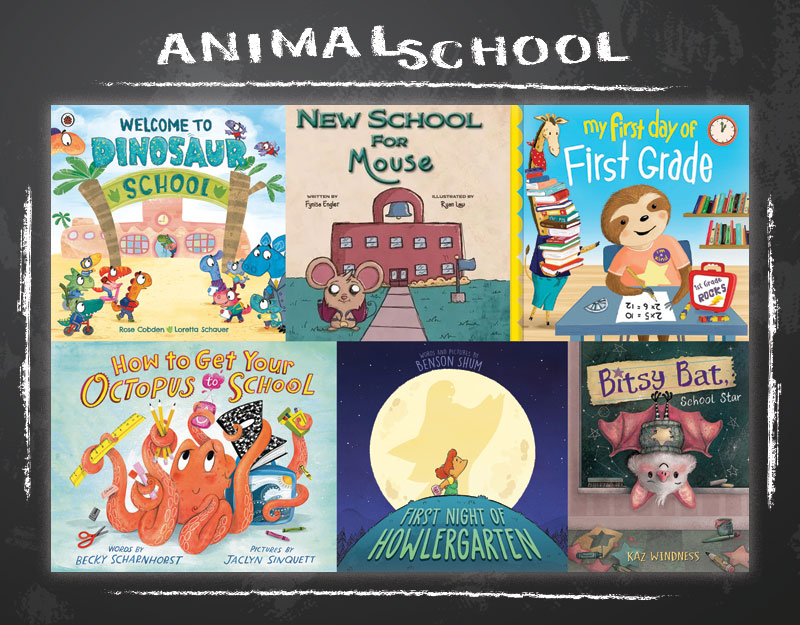
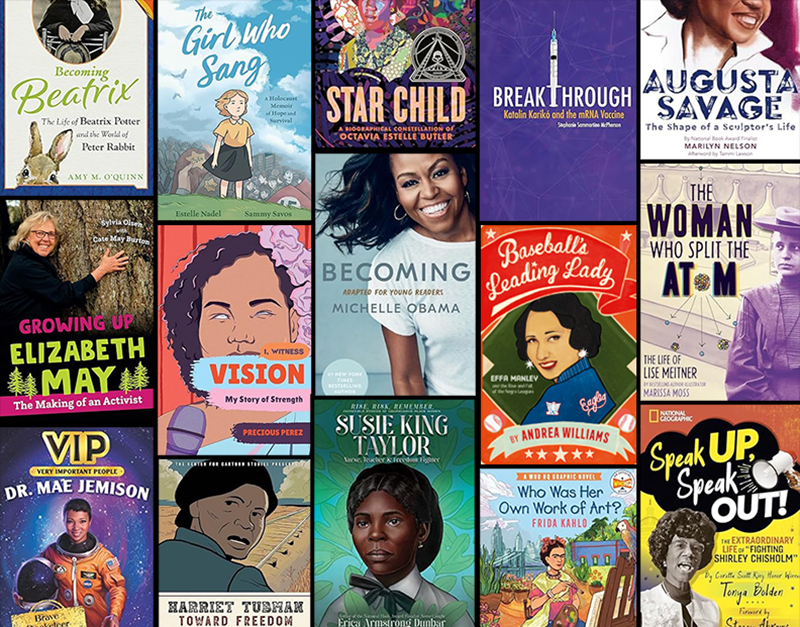
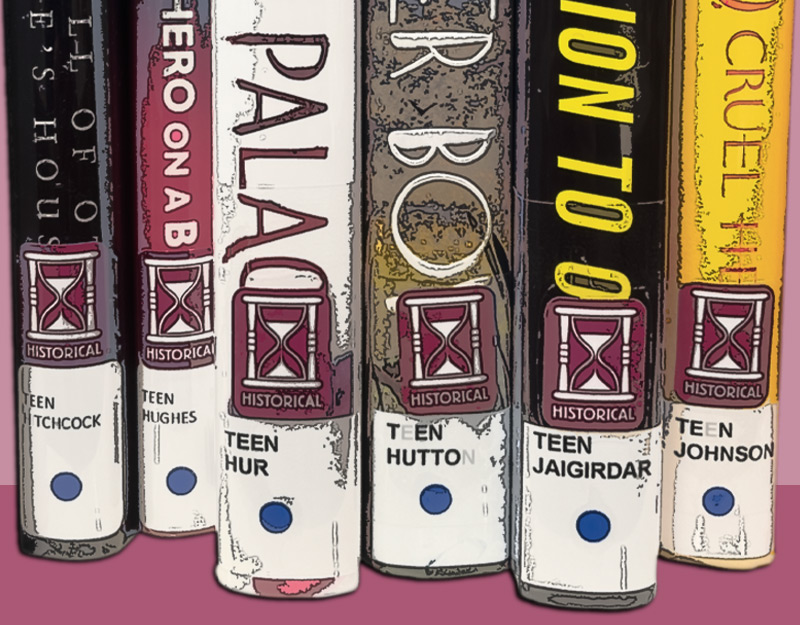
Thank you for this beautiful review! So honored!